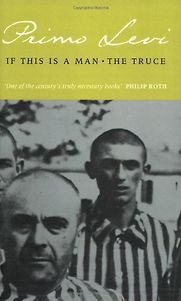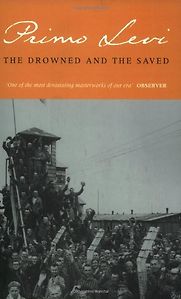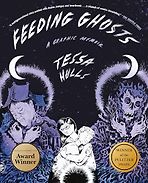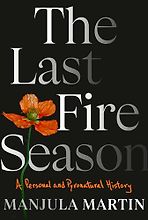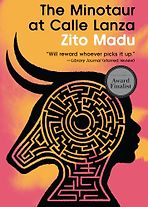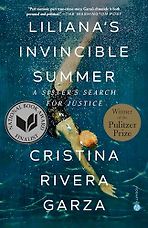The Periodic Table
by Primo Levi
Primo Levi’s The Periodic Table is a collection of short stories that elegantly combines the author’s experiences in Fascist Italy, and in Auschwitz, with his passion for chemistry.
Recommendations from our site
“Instead I read his book The Periodic Table, about his life as a chemist before the war, which is a beautiful, beautiful book.” Read more...
Sophie Roell, Journalist
“It’s a life story by a chemist seen through the prism of an elemental substance. Some of it doesn’t work very well and some of it works very well. There’s a lovely chapter on iron that refers to the arrival of the Fascist era. There’s a much more personal account involving mine tailings and the extraction of precious metals from mine tailing, which he was employed at. That gives him a chance to contemplate the nature of matter itself and why the stuff that’s in the ground is the same as the stuff that actually composes our bodies. And why things that happen in chemistry can be subtly different if you alter the element that’s involved in the process. All of it is illuminating. You read it and you understand the world around you much better for having read even a sentence of Levi. “ Read more...
The best books on Science Writing
Tim Radford, Science Writer
“They’re a mixture of short stories and autobiographical essays, or essays in autobiography. Levi uses the elements from the periodic table as a way of organising memory. He uses 21 elements, each as a doorway or wormhole into a particular area of his experience, into a particular memory – but leaving out his time in Auschwitz, because he’d already written about that. You get his early interest in chemistry, his early experiments, the friends he studied with, the atmosphere of the laboratories and the characters of the professors who taught him. It’s about his interest in matter, the stuff the world is made of, as counterposed to spirit.” Read more...
The best books on First-Person Narratives
William Fiennes, Novelist
Our most recommended books
-

Patriot: A Memoir
by Alexei Navalny, translated by Arch Tait with Stephen Dalziel -

Feeding Ghosts: A Graphic Memoir
by Tessa Hulls -

The Last Fire Season: A Personal and Pyronatural History
by Manjula Martin -

How to Say Babylon: A Memoir
by Safiya Sinclair -

The Minotaur at Calle Lanza
by Zito Madu -

Liliana's Invincible Summer: A Sister's Search for Justice
by Cristina Rivera Garza

